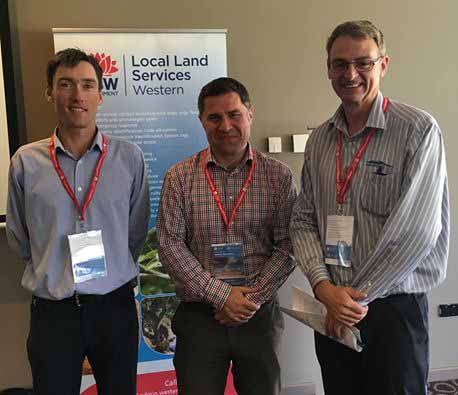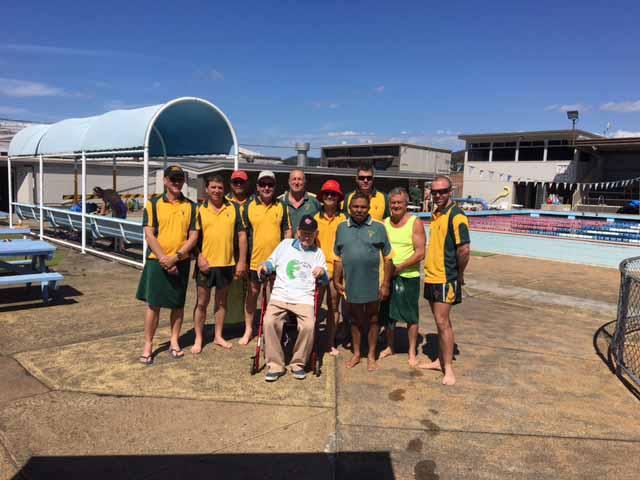
More than 160 people gathered in Cobar last week to hear the latest facts and figures about Australia’s emerging carbon economy at the Rangelands Carbon Conference.
The two-day conference, which was hosted by Local Land Services Western Region with support from the Australian Government, included 24 presentations from experts in a wide range of fields – from government to finance and property valuation.
Special guest, John Gavin, from Remarkable NRM, revealed that the industry is moving very quickly.
“Information becomes out-of-date within two weeks, as new methods develop and policies evolve,” Mr Gavin said.
“So anyone who says they know everything about climate change and the carbon market is lying!”
“The upcoming Paris climate change talks are expected to lead to further changes for the industry. Conferences such as this are vital to ensuring people have the latest information to make informed decisions about their land management activities.”
Participants heard about the range of methods and projects that are being undertaken in Western NSW, including Peter Yench’s avoided deforestation project where he has committed to keep 7000 hectares of forest standing for 100 years. Local landholder Andrew Mosely emphasized the value of building soil carbon through good land management practices.
“Soil carbon is important because it increases soil health and perennial cover and allows you to take advantage of out-of-season rainfall events – overall it makes good business sense!,” Mr Mosely said.
Experts from the Australian Government provided a raft of information about the Emissions Reduction Fund (ERF) auction and the Clean Energy Regulator’s administrative process. They revealed that 65 per cent of the projects currently supported in the first round of the ERF are land and farm based projects.
And that the benefits of participating in the ERF are not just about revenue –methods such as those now available for the beef industry can also lead to productivity improvements. They did, however, caution participants to fully explore the financial implications of undertaking a project before committing to it.
Russell Grant from Local Land Services Western Region said he has been overwhelmed by the feedback from attendees.
“As the conference was tailored to address local conditions and issues, people said they got so much more out of it,” Mr Grant said
“Many were surprised to learn that there are more options in the region than sequestering carbon in trees.
They also appreciated the opportunity to speak directly with carbon brokers and advisers that participated in the Carbon Expo. Based on the feedback we’ve received, there is a chance we may host another one in the future.”—contributed


